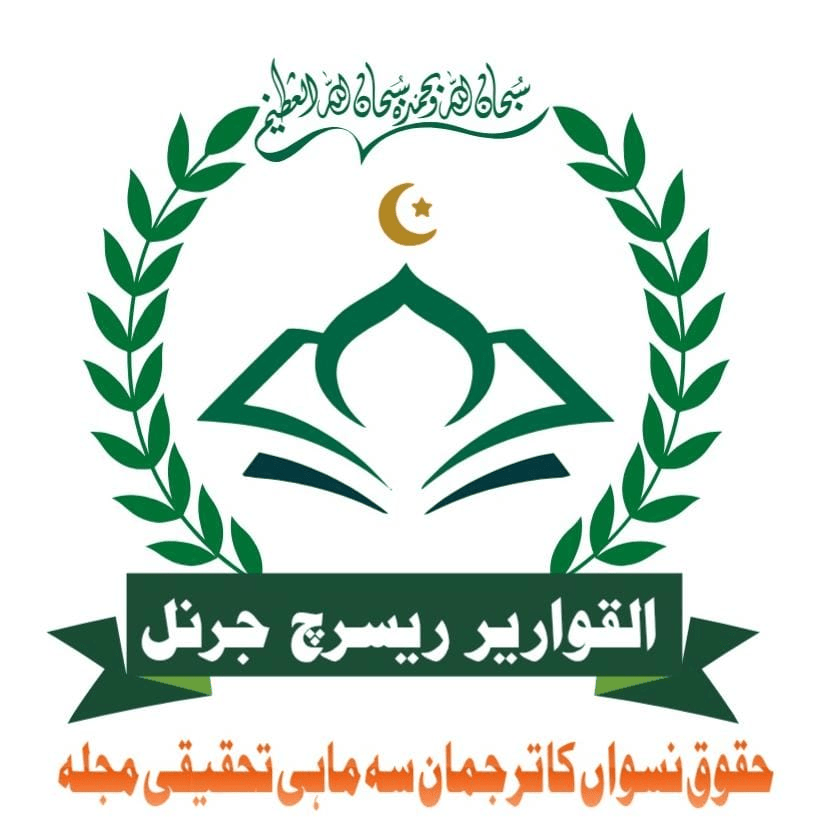Islamic Conception of Divorce: Lived Experiences of Divorced Women from Sialkot, Pakistan
Abstract
The phenomenon of divorce is being increasingly researched globally, especially with reference to its gendered power dynamics and implications. It remains a contested idea among different theological schools of thought. The present study aimed to explore the social stigma of divorce through the lived experiences of its participants. It further aimed to analyze this stigmatization in the light of Islamic conception of divorce. To explore Islamic conception of divorce, primary sources of Quran and Hadith were consulted. The empirical study was set in Sialkot. Pure qualitative phenomenological research design was used to explore the lived experiences of divorced women. Seven women were recruited as study participants through purposive sampling technique; data was later analyzed thematically. Theory of Islamic feminism was utilized to refine methodological and analytical processes of the study. It was found that contrary to Islamic teachings, stigmatization of divorced women is prevalent across society. Divorced women are blamed, judged, and targeted as ‘manhoos’, ‘awara’, ‘besabri’, and ‘nakam’. Their children are also prey to such circumstances. It is recommended that ideas producing stigmatization of divorced women are deconstructed. The government, women advocacy groups, social welfare departments, civil society, and religious scholars need to play their role in this regard.
Downloads
Downloads
Published
Issue
Section
License
Copyright (c) 2024 Ms. Maryam Saleem. Dr. Iram Rubab, SettingsMs. Maryam Saleem. Dr. Iram Rubab, Dr. Beenish Malik (Author)

This work is licensed under a Creative Commons Attribution-NonCommercial-NoDerivatives 4.0 International License.




